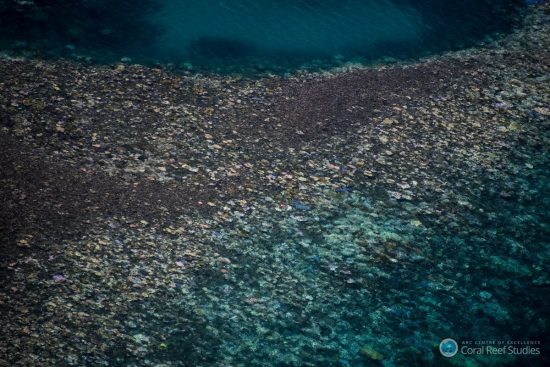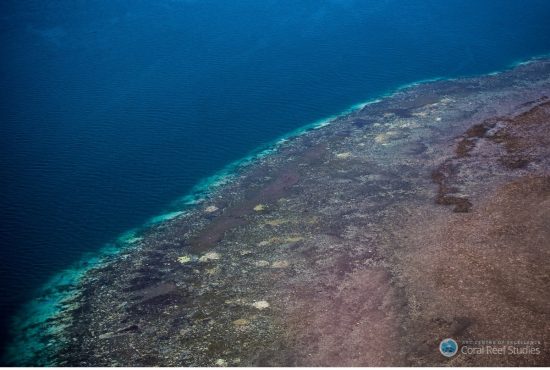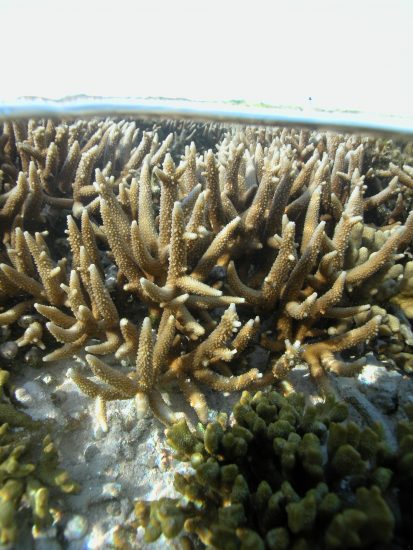




The Great Barrier Reef is currently experiencing coral bleaching on an
unprecedented scale, and scientists have voiced much concern about this.
However, the GBR is no stranger to coral bleaching.
So, what makes the current episodes of coral bleaching different from
those in the past?
According to a new study published in Science journal, the GBR
corals had been able to survive past bleaching events because a pattern of
gradually warming waters had led up to each episode. This was the conclusion
drawn by scientists
from the ARC Centre of Excellence for Coral Reef Studies (Coral CoE) at James
Cook University and University of QLD (UQ), and the US National Oceanic and
Atmospheric Administration USA (NOAA).
Describing the bleaching as a marathon, lead author Dr Tracy Ainsworth
from Coral CoE said, “When corals are
exposed to a pre-stress period in the weeks before bleaching, as temperatures
start to climb, this acts like a practice run and prepares the coral. Corals
that are exposed to this pattern are then less stressed and more tolerant when
bleaching does occur.”
According to the researchers, this pre-stress period gives rise to heat
shock responses in the coral that help to lower the severity of bleaching
effects and mortality. This “practice run” was detected in about 75 percent of stress events
that took place at the GBR in the last 30 years.
And there's evidence to suggest that this year's coral bleaching at the
GBR is following the same pattern. Here, some individual reefs did not have a
chance to experience a practice run, and the damage to the corals on such reefs
could be even greater.
The pre-stress conditions are expected to cease when seawater
temperatures increase by 0.5 degrees Celsius – something that has been expected
to occur in the future. If this does indeed take place, the corals would be
directly subjected to the stress events.
“When corals lose
the practice run, there is no break, or ‘relaxing’ for the coral as summer stress develops,” said co-author Dr Scott Heron of Coral Reef Watch. “In future summers, bleaching events will occur more
often and, without the practice run, become even more severe – with a greater
risk for coral mortality and a fast decline in coral cover across reefs.”
Based on the future climate change predictions, different reefs on the
GBT will lose their protective mechanism at different rates. The study
recommends that more conservation efforts be directed at those reefs that were
able to retain the practice run prior to the bleaching.
“Our models suggest
reefs that lose their thermal protection in the future will degrade faster and
stay in a degraded state for a longer period, while reefs that maintain their
protection have a better chance of maintaining their coral cover – if carbon
emissions are reduced in the near future,” said Dr Juan
Ortiz from UQ.
The current study analysed satellite data of sea surface temperatures of
a period of 27 years, previous coral bleaching events, as well as how corals
responded to different oceanic warming conditions.
Info: http://www.coralcoe.org.au
Video of the Coral CoE to coral bleaching on Grest Barrier
Reef:
 Mares
Mares 19th April 2016
19th April 2016 Great Barrier Reef, Queensland, Australia
Great Barrier Reef, Queensland, Australia